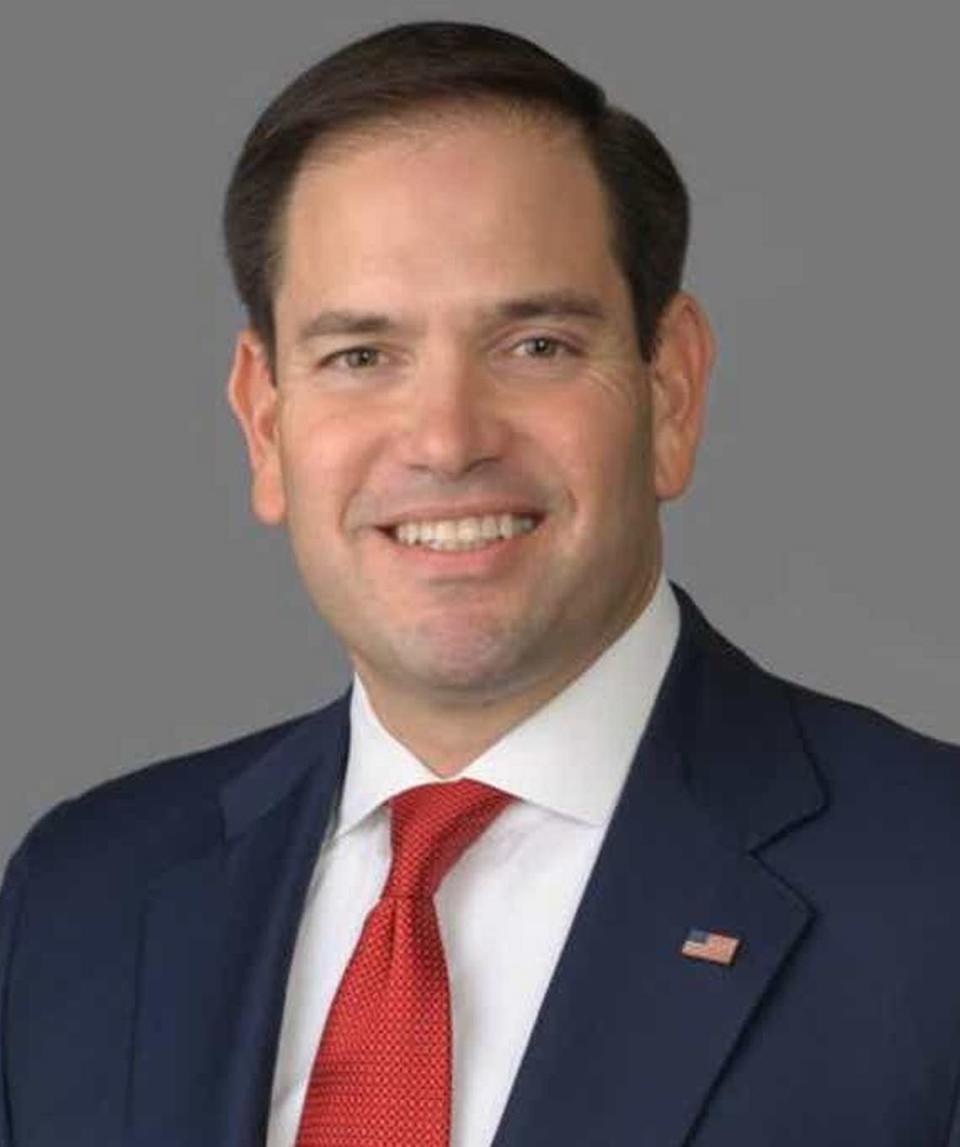There’s a more-responsible way for the U.S. to help the people of Haiti | Opinion
Haiti is home to an incredibly rich history and vibrant culture. Unfortunately, its people have suffered tremendously over the decades from devastating hurricanes, earthquakes and widespread political corruption. The international community can do more to help Haiti, but the United States also has an important role to play, because a stable and secure Haiti is not only good for the Haitian people, but also for America.
South Florida is home to the largest Haitian community in the United States. Haiti’s struggle is not something I just read about in congressional reports or in the newspaper. I hear about it directly from friends, neighbors and constituents in the supermarket. Despite all of the hardships, there is an unmistakable optimism and longing for a better Haiti.
The good news is that there is growing bipartisan support in the U.S. Senate to take action.
It goes without saying that much of the international response to the ongoing crises in Haiti failed. While religious and charitable groups have done laudable work on the ground, governments have struggled to get aid directly to those who need it most.
The Haiti Development, Accountability, and Institutional Transparency Initiative Act (S. 1104), which I introduced with Sen. Ben Cardin, D-Maryland, requires the U.S. Department of State to prioritize the protection of human rights and anti-corruption efforts in Haiti by fostering strong relationships with independent civil-society groups and the private sector. It will also require the United States to identify and hold accountable people involved in human-rights violations and significant acts of corruption in Haiti.
This may sound like common sense, and it is, but too often during a crisis, money is funneled into a country without much thought as to who will benefit. It is not fair to American taxpayers or the Haitian people to continue repeating the mistakes of the past.
Since the committee’s approval of this bill, it now heads to the full Senate where I am hopeful it will pass soon. We have strong, bipartisan and bicameral support in the U.S. House, led by Rep. Hakeem Jeffries, D-New York, who is chair of the House Democratic Caucus, and Reps. Michael Waltz, Brian Mast and Carlos Giménez, all Florida Republicans.
Haiti cannot survive, let alone thrive, on foreign aid and private charity. It is a beautiful nation with hard-working people that will see an influx of tourism once it stabilizes, but stability requires meaningful and dignified work — the type of work that can support a family and build up communities.
Haiti has a role to play in promoting U.S. interests, not only in the Caribbean but also elsewhere in the world. For example, Haiti’s steadfast diplomatic recognition of our democratic ally Taiwan contributes to Taiwan’s international standing and recognizes Taiwan’s critical role in promoting sustainable development in the Western Hemisphere. As the United States and the rest of the world seek to move supply chains away from China, nations such as Haiti stand to benefit. That is why Sen. Bill Cassidy, R-Louisiana and I introduced the extension of the Haitian Economic Lift Program (HELP) Act, which was created in response to the 2010 Haiti earthquake. In the House of Representatives, Florida Congresswomen María Elvira Salazar, a Republican, and Frederica Wilson, a Democrat, led the bipartisan companion legislation.
HELP built on previous efforts to remove tariffs from exports of Haitian apparel to the United States. Now, 93% of Haitian exports to our country are duty free. Not only are these consumer goods not being made in China with slave labor, but the apparel factories in Haiti are also a critical source of stable economic employment in the country.
These trade benefits are due to expire in 2025, but the HELP Extension Act would extend the benefits through 2035 to provide economic certainty to the thousands of Haitians employed in the apparel industry. We do not need to wait until the last minute to extend this crucial trade assistance.
Our work is far from done, though, and I will continue to work with the Biden administration, my Senate colleagues and the Haitian community to implement policies that improve the quality of life of all Haitians.
Sen. Marco Rubio is Florida’s senior senator.


